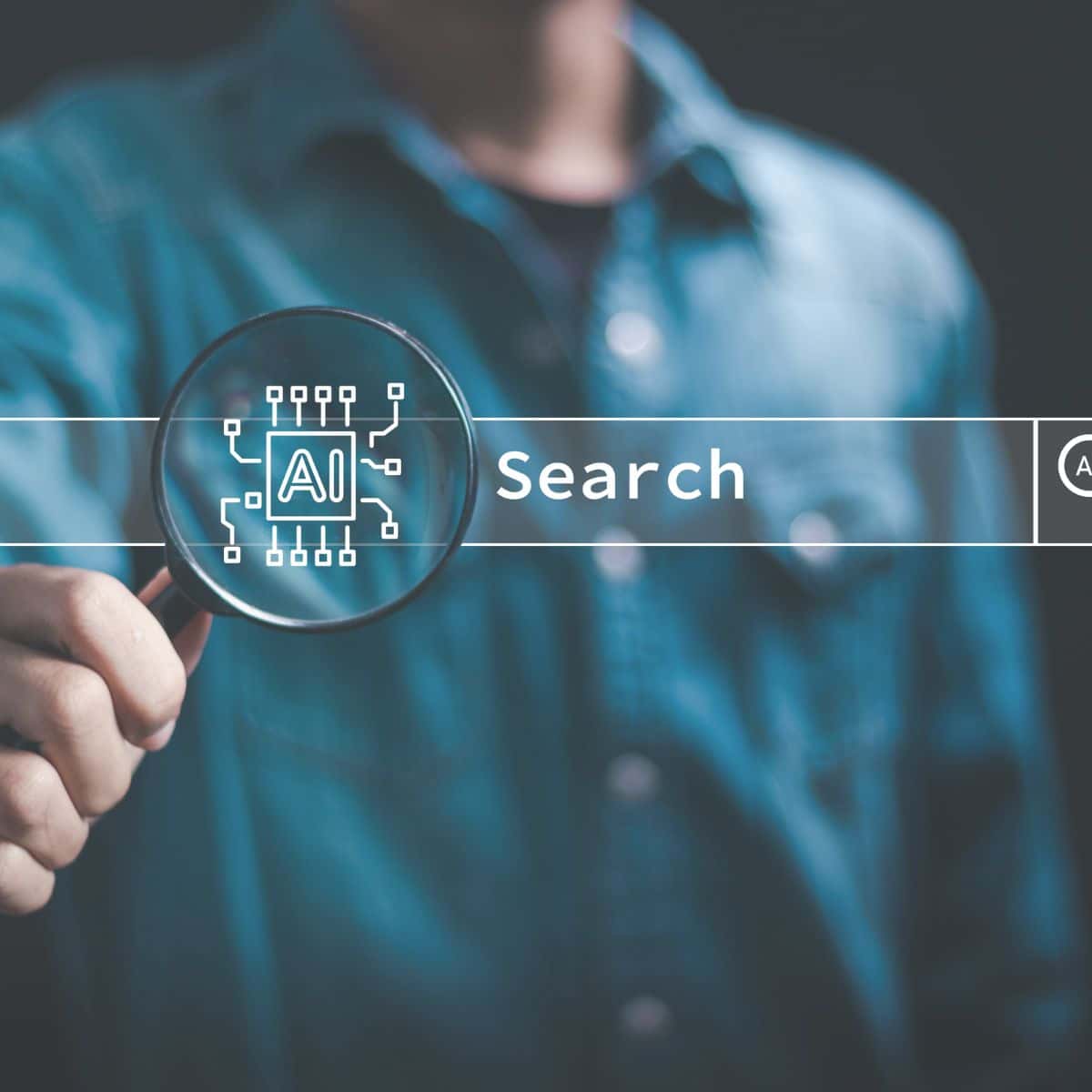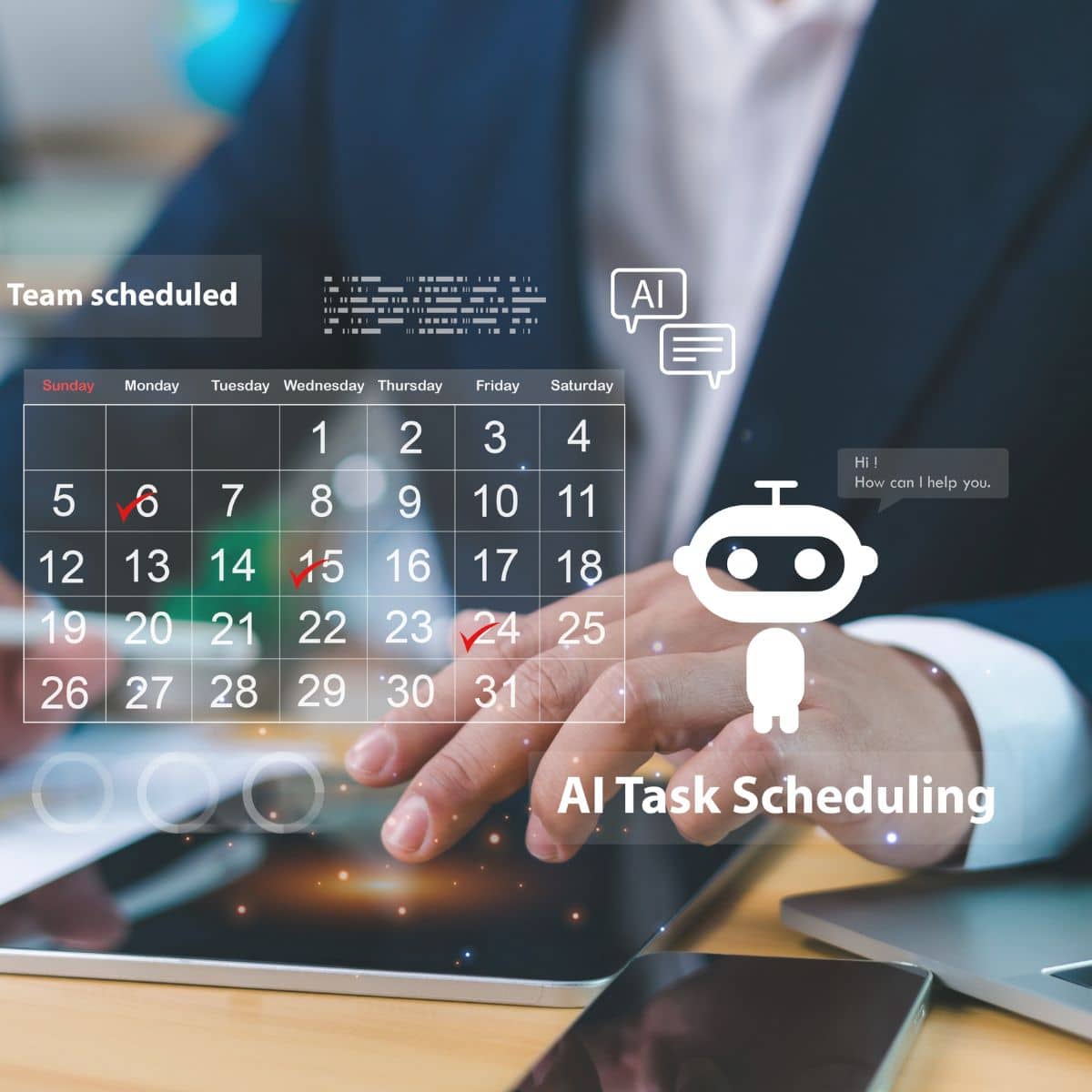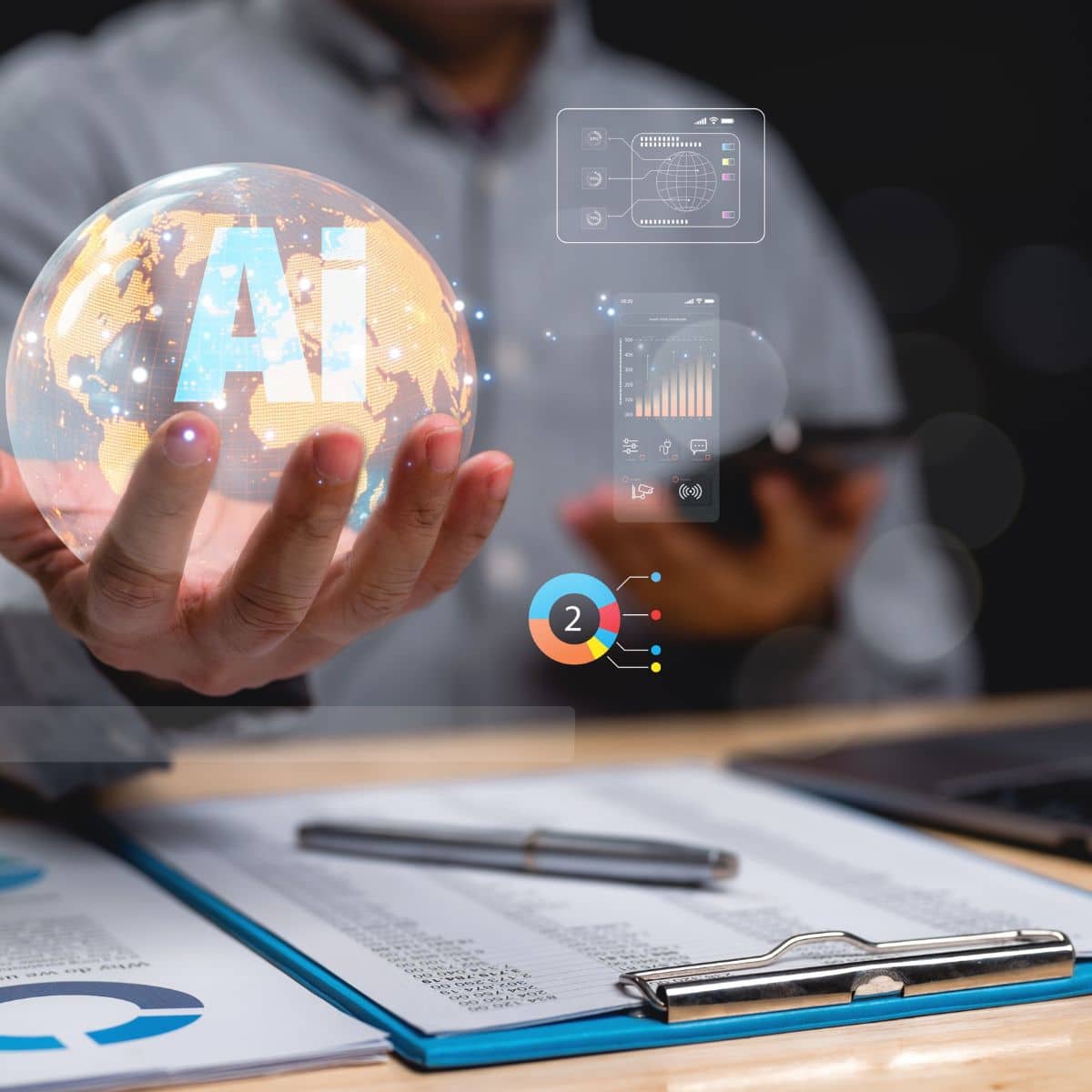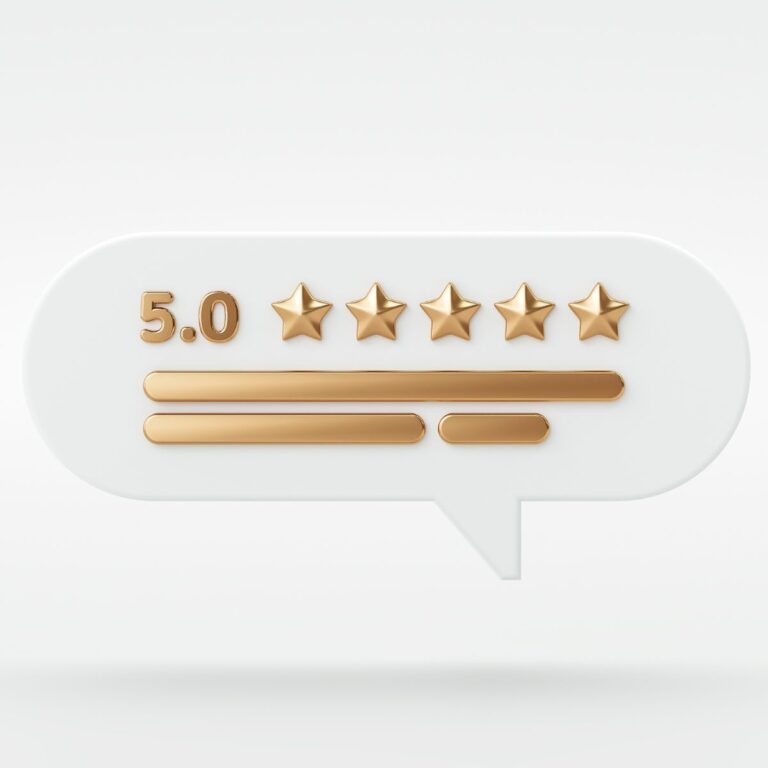
Artificial intelligence (AI) has revolutionized the way businesses operate. Once considered a technology reserved for large enterprises, AI has become increasingly accessible, empowering small businesses to streamline operations, improve customer experiences, and gain a competitive edge.
What is AI?
Artificial Intelligence, or AI, refers to the simulation of human intelligence processes by machines. These processes include learning, reasoning, problem-solving, perception, and language understanding.
AI systems use algorithms and data analysis to enable decision-making capabilities that improve over time with exposure to more data. It is this learning capability that makes AI particularly powerful and versatile in the business world.
How Small Businesses are Using AI
Improving Customer Experience
Small businesses rely heavily on customer satisfaction, and AI is playing a critical role in meeting higher expectations. From faster response times to tailored recommendations, AI-powered systems help businesses deliver exceptional service.
AI-Driven Customer Experience Enhancements
- Personalized Recommendations:
AI can analyze customer data to provide personalized product recommendations and offers, improving customer satisfaction. - Targeted Marketing:
AI can identify customer segments and tailor marketing messages, increasing the effectiveness of campaigns. - 24/7 Support:
AI-powered chatbots not only handle common queries but escalate complex issues to humans when necessary.


Enhancing Marketing Strategies
AI isn’t just for streamlining operations—it’s also transforming how small businesses approach marketing. With AI-powered tools, companies can target their ideal audience accurately, deliver personalized experiences, and measure success with data-driven insights.
AI Tools for Marketing Success
- Email Campaign Personalization:
Services like Mailchimp use AI to recommend subject lines, send times, and audience segmentation, ensuring higher engagement rates. - Social Media Management:
AI platforms such as Social Pilot analyze audience behavior, optimize posting schedules, and suggest trending content ideas. - SEO Optimization:
AI solutions like Ahrefs and SEMrush improve content creation by suggesting keywords, analyzing competitors, and boosting search engine rankings.
Automating Administrative Tasks
One of the most popular uses of AI among small businesses is automating administrative tasks. AI tools like chatbots, email response automation, and scheduling programs have simplified time-consuming tasks, freeing up valuable time for business owners to focus on strategy and customer engagement.
Examples of Administrative AI Tools
- Data Entry & Management:
AI can automatically extract data from documents (like invoices, receipts, or forms) and categorize, organize, and input it into databases or spreadsheets. - Automated Scheduling:
AI can manage calendars, schedule meetings, and send reminders, reducing back-and-forth emails and optimizing meeting times. - Invoice and Payroll Automation:
AI-driven systems like QuickBooks automate bookkeeping and payroll processes, reducing errors and speeding up operations. - Automated Email Composition:
AI can draft emails based on specific prompts and parameters, saving time and effort.


Data-Driven Decision Making
AI enables small businesses to make smarter decisions by analyzing vast amounts of data efficiently. Predictive analytics and actionable insights from AI tools allow business owners to stay ahead of trends, manage risks, and strategize effectively.
Key Areas Where AI Analytics Shine
- Sales Forecasting:
Predictive models help businesses anticipate demand and inventory needs. - Customer Insights:
AI analyzes buying patterns to create tailored marketing campaigns and product offerings. - Operational Efficiency:
Advanced AI systems pinpoint inefficiencies in workflows, recommending data-backed solutions.
Increasing Employee Productivity
AI significantly increases employee productivity by automating repetitive tasks, accelerating complex cognitive functions, and improving overall efficiency. This allows employees to focus on more strategic and creative work, leading to higher quality output and increased job satisfaction.
Ways AI Increases Employee Productivity
- Task Automation:
Tasks that might take humans hours can be completed in minutes by AI, significantly boosting efficiency. - Knowledge Management:
AI can help employees access information more easily, improving their efficiency and productivity.

Implementing AI into a Small Business
Define Clear Objectives
Pinpoint areas where AI can add value, such as automating repetitive tasks, enhancing customer service, or improving decision-making.
Set Goals
Define measurable outcomes for AI implementation (e.g., reducing manual work by 30%, improving customer response time by 50%).
Start Small and Scale Gradually
Test AI on a small-scale, low-risk project to measure impact and identify challenges. Gradually expand AI implementation as you learn and refine processes.

Ensure Data Quality
AI systems thrive on clean, relevant, and well-organized data. Spend time improving data quality.
Train Your Team
Provide training so staff can work alongside AI tools and understand their functionality. Foster a culture where employees see AI as a partner rather than a replacement.
Monitor and Optimize
Regularly assess whether AI tools are meeting predefined goals. Ensure continual improvement by adjusting models or algorithms based on feedback and performance data.
Recommended AI Tools for Small Businesses
Here are a few examples of AI tools for small businesses.
Customer Engagement
ChatGPT, Intercom, Tawk.to
Marketing Automation
HubSpot, Mailchimp, Social Pilot, Zapier
Inventory Management
Zoho Inventory
Data Analysis
Tableau or Google Analytics
Accounting and Invoicing
QuickBooks with AI
Video & Image Creation
CapCut, InVideo, DALL-E, Canva
Is Your Business Ready for AI?
The use of AI in small businesses is only expanding as technology becomes more affordable and sophisticated.
Small businesses that embrace AI technologies not only save time and money but also foster innovation, enabling growth and adaptability in rapidly changing markets. Whether it’s through enhanced customer service, targeted marketing, increased employee productvity, or smarter data-driven decisions, AI is proving to be an indispensable tool for small business success.
Explore how Aspire Internet Design can help incorporate AI tools into your online marketing efforts.
Ready to turn your website and online presence into your best salesperson? Contact us for a free digital marketing audit and strategy session.

About the Author
Katie Wilson, Owner
Aspire ID is a small digital marketing company in Denver, Colorado. Our mission is to empower business growth through superior digital marketing solutions and to build long-lasting client relationships. Since 2002, Katie and her team have helped home service businesses throughout the U.S. consistently grow and generate leads by providing best-in-class web design, SEO, PPC, content marketing, social media management, and reputation management and deploying targeted online marketing strategies driven by clear objectives.






